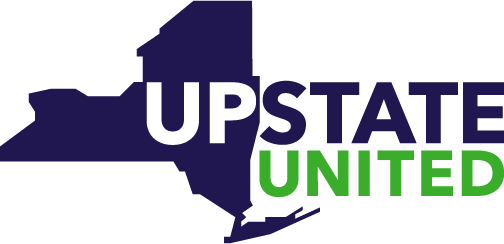Times Union: In first online hearing, state Legislature tackles COVID impact on small businesses
May 13th, 2020
ALBANY — The state Senate and Assembly heard from business owners, industry leaders and other experts on Wednesday during a joint hearing to evaluate the impact of the coronavirus on small businesses.
It was the first in a series of several COVID-related public hearings that are being organized by the Legislature, which was scheduled to be in session in April and May but has been sidelined amid the pandemic. Wednesday’s hearing largely focused on the federal response to the pandemic and how it affected small businesses, but some speakers also touched on the ways state officials can help the thousands of companies across New York that have been forced to shut down or have seen enormous drops in revenue over the past two months.
Participants urged state legislators to consider how local businesses could benefit from future aid packages, as small shops and farms have been hurt most by the economic slowdown, forcing them to use cost-cutting measures including staff furloughs and layoffs.
“Whatever kind of package of support comes out, think about that at a state level – how do we keep people shopping in their community?” said Natasha Amott, the owner of Whisk NYC, a cookware shop in Brooklyn.
She raised several concerns about the support offered to small businesses, including the possibility that she may not be able to make rent payments in the near future. New procedures for packing and shipping orders have also driven up costs, and some of her former employees have realized that they are receiving more money on federal and state unemployment than they would earn if they returned to work.
Greg Biryla, the New York director of the National Federation of Independent Business, noted that small business assistance was a relatively small portion of the federal CARES Act, and not all businesses are sure how to properly use the funds or loans they have received from the federal government. Without specific guidance and some latitude for different businesses, he said, forgivable loans could “turn into debt.”
He added that he is concerned some businesses may not be able to afford new health and safety supplies, including masks and hand sanitizer, that will be required once the economy begins to reopen.
“Flexibility is the key,” he said. “We need to understand that every business is unique.”
In written testimony, Michael Kracker, the executive director of the fiscally conservative group Unshackle Upstate, urged lawmakers to consider holding field hearings throughout upstate New York to gauge the specific effects of the pandemic on small business and farms outside of New York City.
Wednesday’s hearing began shortly after 10 a.m. and continued well into the afternoon. The Legislature will hold another COVID-19 hearing on Monday to discuss the disproportionate impact of the virus on minority communities; it is unclear when lawmakers will return to session.
